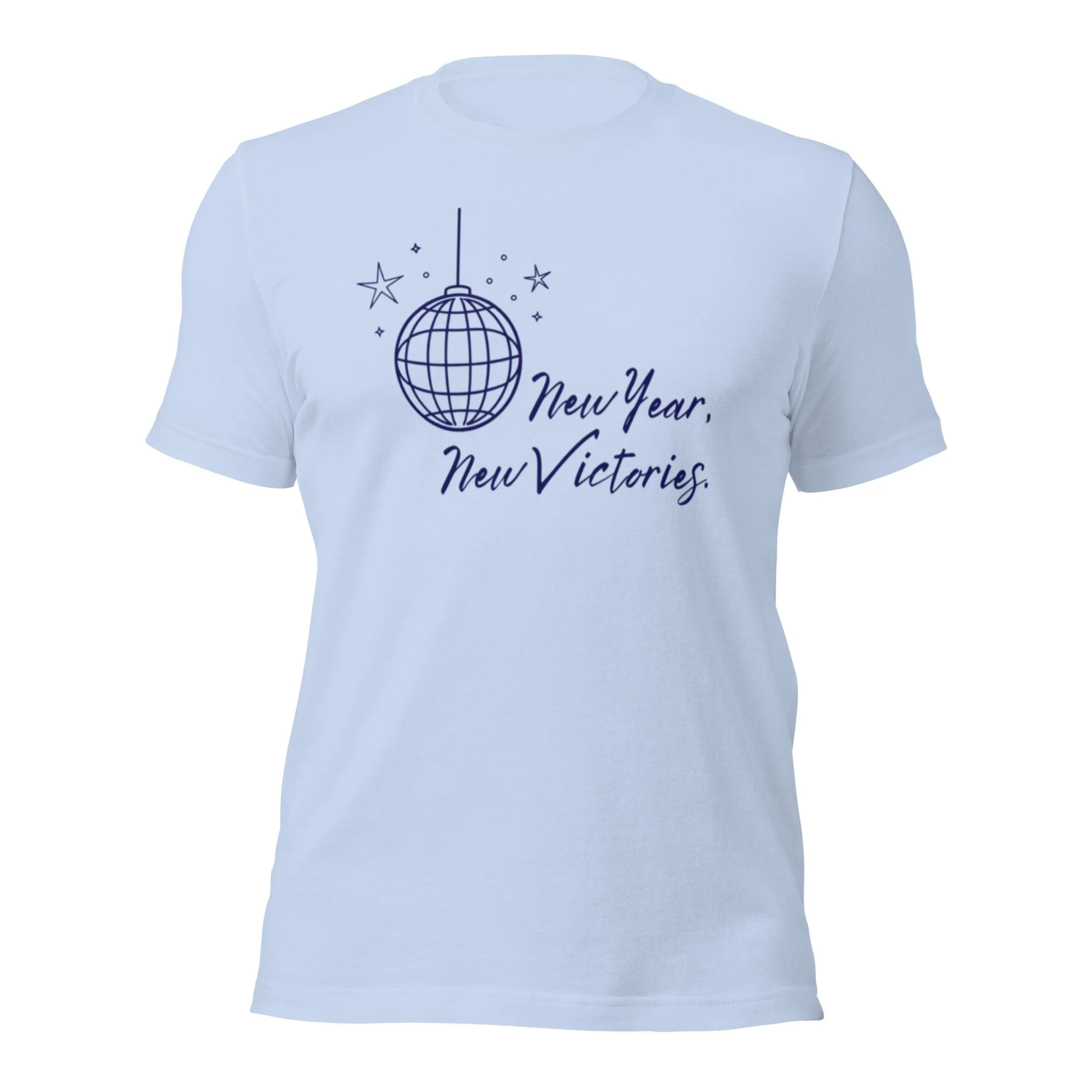Opinions and A#*%^#s. I MEAN... Opinions and Attributes of a Healthy Adult
/My goodness, I had quite an unintended episode of online entertainment this weekend. I posted an opinion of mine on my Facebook page and what an outburst ensued! I found it rather enlightening, in a sad sort of way. The discussion dismally affirmed something I stated in my last Blog post: “I don’t know too many really healthy adults. Fortunately, I know and see a lot of people who want to be healthy adults and who are working toward becoming healthier adults. This includes me. I want to be a healthy adult and am continually working toward becoming a healthier adult.”
On an optimistic note, many of the responses to my post demonstrated very clear examples of healthy adult behavior. Other responses indicated the unhealthy adult attitudes and behaviors of the postee. We have all exhibited unhealthy sorts of behaviors at one time or another, so I’m not picking on anyone. When we do behave in less than healthy adult ways, hopefully we are willing to recognize our behaviors. Equally important is the willingness to make amends, if appropriate, and to learn about ourselves with the goal of ongoing personal growth.
My purpose in writing this particular blog is not to point out any specific responses or persons. My purpose in writing this is to share a list of healthy adult behaviors I think we can all benefit from.
If you are totally willing to be honest with yourself, you might learn some ways you can grow as a person. Challenge yourself to see the ways in which you need to “grow up” and then work toward doing so!
The following information is from an article entitled Embrace Your Inner Adult by Barrie Davenport. (http://liveboldandbloom.com/09/relationships/embrace-your-inner-adult)
“Here are some of the characteristics of an emotionally mature adult:
1. Accepts criticism gracefully, being appreciative for an opportunity to improve.
2. Does not indulge in self-pity and has begun to feel the laws of compensation operating in all life.
3. Does not expect special consideration from anyone or have a self-inflated sense of entitlement.
4. Controls his/her temper but can express anger or frustration in healthy ways.
5. Meets emergencies with calm and poise.
6. Is not easily hurt or wounded by others.
7. Accepts the responsibility of his or her own actions without making excuses or blaming others.
8. Has outgrown the “all or nothing” stage, and recognizes that no person or situation is wholly good or wholly bad.
9. Is not impatient at reasonable delays, and has learned that he/she is not the center of the universe and must often adjust to other people and their convenience.
10. Acts as a good sport and a good loser. Can endure defeat and disappointment without whining or complaining.
11. Does not worry about things he cannot help.
12. Is not given to boasting or “showing off” in socially unacceptable ways.
13. Is honestly glad when others enjoy success or good fortune, and has outgrown envy and jealousy.
14. Is open-minded enough to listen thoughtfully to the opinions of others.
15. Is not a chronic “fault-finder” or complainer.
16. Plans things in advance rather than trusting to the inspiration of the moment or leaving things for others to handle.
17. Shows kindness, patience and good manners, especially with those who are less capable, sophisticated or mature.
18. Has a set of guiding principles, beliefs or values that create the framework for decisions and actions.
19. Is more solution-oriented rather than needing to be right.
20. Feels comfortable with a wide variety of people and situations.
21. Has the ability to experience and understand one’s own deepest feelings and needs, and is able to act on and express these feelings and needs in appropriate and constructive ways.
22. Has the ability to act on and react to life circumstances with intelligence, sound judgment and wisdom.
23. Has the ability to recognize, empathize with, and respect the feelings and needs of others.
24. Can love unconditionally – to allow another person’sneeds, feelings, security, and survival to be absolutely paramount – just as if these were our own.
25. Is able to adapt flexibly and creatively to life’s changing circumstances and conditions.
26. Can channel energy, both positive and negative, into constructive contributions to one’s self, to others, and to the community.
27. Can relate comfortably and freely with others, to like and be liked by others, and to maintain healthy and mutually satisfying relationships. The ability to choose and develop relationships that are healthy and nurturing, and to end or limit relationships that are not.
28. Does not indulge in destructive habits or behaviors.



